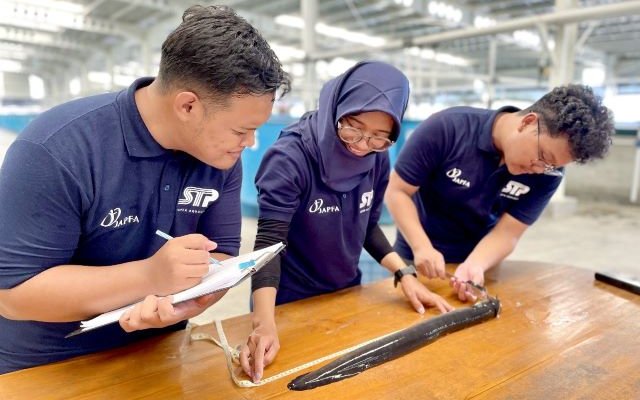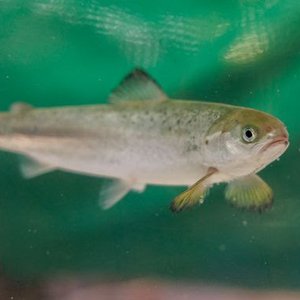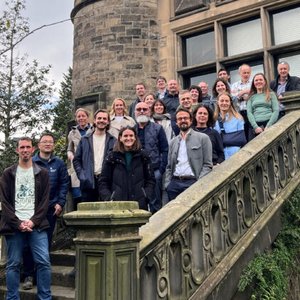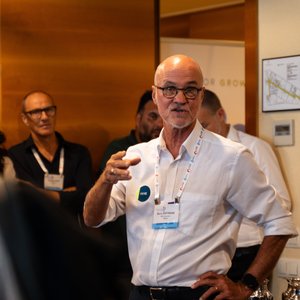The Aquaculture Research Center (ARC), a cutting-edge facility established by PT Suri Tani Pemuka (STP), a member of the Japfa Group, in Banyuwangi, East Java, Indonesia, has reached a groundbreaking milestone in aquaculture by successfully achieving the first step in reproducing the high-value tropical eel (Anguilla bicolor), marking the first such accomplishment worldwide. This pioneering development marks a major advancement in the sustainable management of eel populations, with promising implications for both commercial aquaculture and eel conservation efforts.
Tropical eel is considered a high-value species due to its exceptional demand in culinary markets across Asia and beyond. This eel is prized for its rich flavor and high nutritional content, making it a popular choice for premium dishes. Sustainable aquaculture of tropical eel addresses the growing demand while reducing pressure on wild populations, thus contributing to biodiversity conservation and ecological balance.
A historic milestone in eel aquaculture
The ARC research team together with Prof. Dr. Senoo Shigeharu have successfully achieved the first step of reproduction of tropical eel in captivity. Utilizing advanced aquaculture techniques and rearing methods developed by ARC, the team successfully hatched 70,000 larvae, achieving larval rearing for 11 days. This demonstrates the potential for large-scale production of tropical eel in aquaculture settings.

Anguilla bicolor eel larvae at 11 days after hatching featuring an open mouth, pigmented eyes, and elongated body. Scale bar: 1 cm. Credits: Japfa
“This achievement marks a significant milestone in our efforts to sustainably manage eel populations, as for the first time we successfully hatched tropical eel in a controlled environment,” said Ardi Budiono, president director of STP. “We believe that the ability to reproduce eel in captivity will have a substantial impact on the aquaculture industry in Asia and globally. To ensure the sustainability of tropical eel populations, STP will continue to implement sustainable eel farming practices, conducting eel research and supporting our efforts to restock eels in their natural habitat, as part of our commitment to sustainable aquaculture.”
The successful first step of reproduction of tropical eels in captivity is not only a significant advancement in aquaculture technology but also provides hope for the conservation of the tropical eel which is classified as "Near Threatened" by the International Union for Conservation of Nature (IUCN) Red List1.
This breakthrough in tropical eel breeding aligns with Japfa’s commitment to efficient and sustainable food production across its diverse protein portfolio. “We have seen the opportunity to apply the principles of livestock production to aquaculture and eel farming, with the goal of increasing efficiency and reducing dependency on wild-caught glass eels,” said Renaldo Santosa, president director of PT Japfa Comfeed Indonesia Tbk and executive director of Japfa Group. “By breeding tropical eels in captivity, we reduce the pressure on wild populations and contribute to biodiversity and ecosystem health. Today’s success is a testament to the power of vision, perseverance and innovation, as well as the importance of collaboration between industry and academia in addressing the challenges of sustainable food production.”













